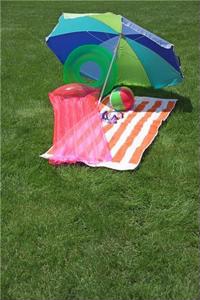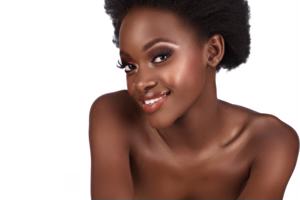
The summer can take a real toll on your African American skin. Being outside in the heat can leave you with pimples and burns, so it's important to spend extra time on your skin during the warmer months. Recently, Real Buzz published an article explaining some simple ways to keep your skin clear during the summer.
First, the news source said you should avoid contact with bacteria whenever possible.
"Your pillow comes into contact with makeup, skin oils and saliva, making it a breeding ground for bacteria that can worsen acne. Likewise, unwashed makeup brushes can spread bacteria to your skin. To minimize your skin’s contact to bacteria, make sure you wash makeup brushes every two weeks and change your pillowcase regularly," according to the news source.
Next, the website recommended following a balanced diet filled with fresh, skin-friendly fruits and vegetables.
Everyday Health states that in the summer, you want to keep your hair out of your face whenever possible to avoid the oils that penetrate your skin and cause acne. So if you're hitting the gym or the beach, be sure to wear your hair up.









